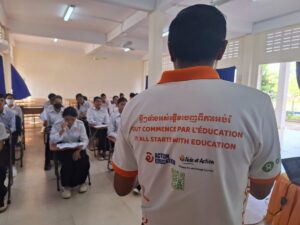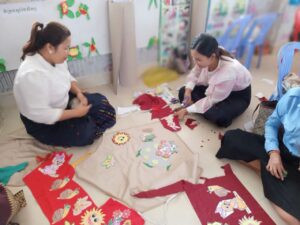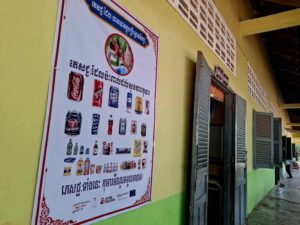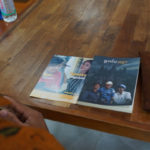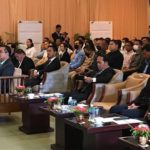The Aide et Action (AEA) and Rabbit School Organization recently hosted their first-ever sign language training sessions for teachers, aiming to support children and individuals with hearing and speech difficulties.
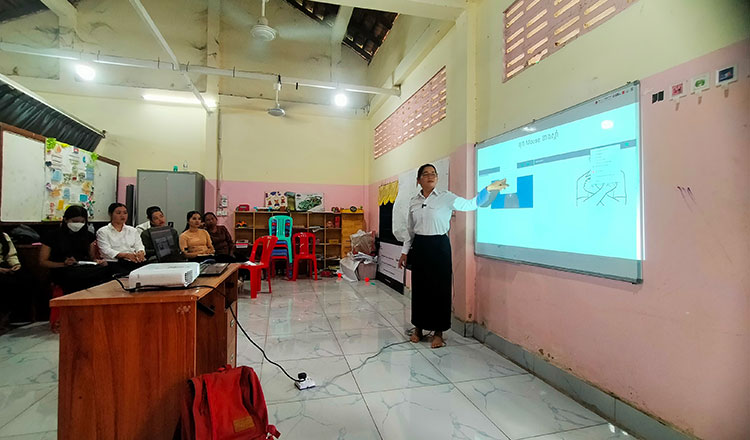
This initiative was launched on celebration of the International Day of Sign Language. In addition to AEA and Rabbit School, UNICEF Cambodia also expressed its support in helping children with hearing and speech difficulties.
Vorn Samphors, the Country Director of AEA, said that it collaborated with the Ministry of Education, Youths, and Sport, particularly the National Institute of Special Education, to support schools for the deaf and disabled from 2003 to 2012.
He explained that AEA previously supported the Sign Language Commission for over a decade. Now, the National Institute of Special Education, a state institution, continues to teach the children with disabilities in Phnom Penh, Battambang, Siem Reap, and Kampong Cham.
Through this initiative, AEA has assisted hundreds of blind and deaf children in accessing educational services. Samphors also highlighted that AEA and its development partners are currently training 3,000 to 5,000 teachers on various teaching methods for deaf and disabled children.
“We rarely have an opportunity to provide sign language awareness to teachers and parents, many face difficulties in teaching deaf children,” he said. He emphasised the importance of training deaf children, as it enhances their communication skills.
Vong Vuthy, Program Manager at Rabbit School Organization, expressed support for this initiative, adding that his organisation has been raising awareness on how to teach disabled and deaf children effectively. He stressed that sign language is the best way for deaf and non-deaf children to communicate.
Meanwhile, the Ministry of Social Affairs, Veterans, and Youth Rehabilitation marked the 12th Cambodian Day and the 67th International Day of the Deaf.
During the event, Minster Chea Somethy emphasised the importance of collective efforts to help the disabled, from all stakeholders.
According to the 2019 census, 4.9 % of Cambodia’s population of over 16 million are living with disabilities, with 2.8% of them being deaf.
Somethy added that disability not only affects the individual themselves but also has social and economic repercussions for families, friends, and communities. He noted that the government has established the National Institute of Special Education to develop teacher training programmes, enhance vocational training, and address the needs of people with disabilities in the job market.
(Article was published on Khmer Times / Publication date 26 September 2024)
